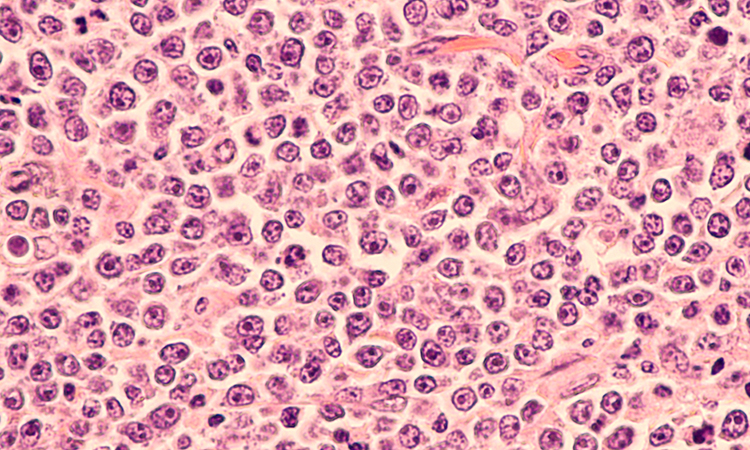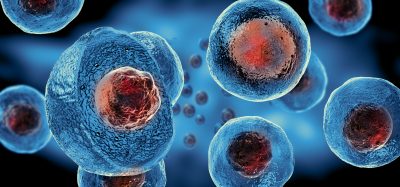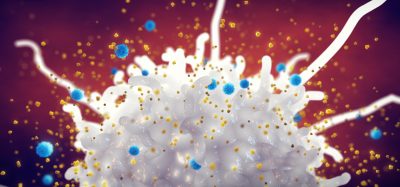Natural killer cells and bispecific antibody target lymphoma tumours
Posted: 14 May 2021 | Victoria Rees (Drug Target Review) | No comments yet
In pre-clinical studies, researchers showed that cord blood-derived natural killer cells and a bispecific antibody eliminated lymphoma cells.


Cytokine-activated natural killer (NK) cells derived from donated umbilical cord blood, combined with an investigational bispecific antibody targeting CD16a and CD30 known as AFM13, displayed potent anti-tumour activity against CD30+ lymphoma cells, according to a new pre-clinical study. The research was conducted at the University of Texas MD Anderson Cancer Center, US.
“Developing novel NK cell therapies has been a priority… to address unmet needs for the treatment of both haematologic cancers and solid tumours,” said senior author Dr Katy Rezvani. “This pre-clinical work provided proof-of-principle for NK cells precomplexed with AFM13, suggesting that they can effectively eliminate lymphoma cells expressing CD30 and warrant further clinical testing.”
Although NK cells are part of the innate immune system, they have limited persistence on their own. The research team has therefore worked to develop approaches to enhance the anti-tumour efficacy of NK cells.
Initial studies on NK cells isolated from the blood of patients with Hodgkin lymphoma found that AFM13 formed a stable complex with NK cells and could induce NK cell-mediated killing of CD30+ cells. However, the activity of these cells was modest, leading the researchers to evaluate alternative NK cell sources.
Further experiments suggested that cord blood-derived NK cells (cbNK cells), isolated from umbilical cord blood donations, displayed consistent and improved activity against lymphoma with AFM13 relative to other NK cell sources. The researchers were able to further stimulate the anti-tumour immune activity of cbNK cells by pre-activation with a combination of the cytokines IL-12/15/18.
In animal models, pre-activated and expanded cbNK cells complexed with AFM13 resulted in improved tumour control and survival relative to controls, with minimal side effects observed.
“These findings suggest that, in animal models, ex vivo pre-activated and expanded cord blood-derived NK cells complexed with AFM13 were able to safely eliminate CD30+ lymphoma cells,” Rezvani said. “We look forward to learning if this investigational therapy may provide benefits to patients with advanced lymphoma in the ongoing clinical trial.”
These results have led to the launch of a Phase I clinical trial to evaluate the combination of cbNK cells with AFM13 as an experimental cell-based immunotherapy in patients with CD30+ lymphoma.
The findings were published in Clinical Cancer Research.
Related topics
Antibodies, Drug Development, Immuno-oncology, Immunology, Immunotherapy
Related conditions
Hodgkin lymphoma, lymphoma
Related organisations
University of Texas MD Anderson Cancer Center
Related people
Dr Katy Rezvani








